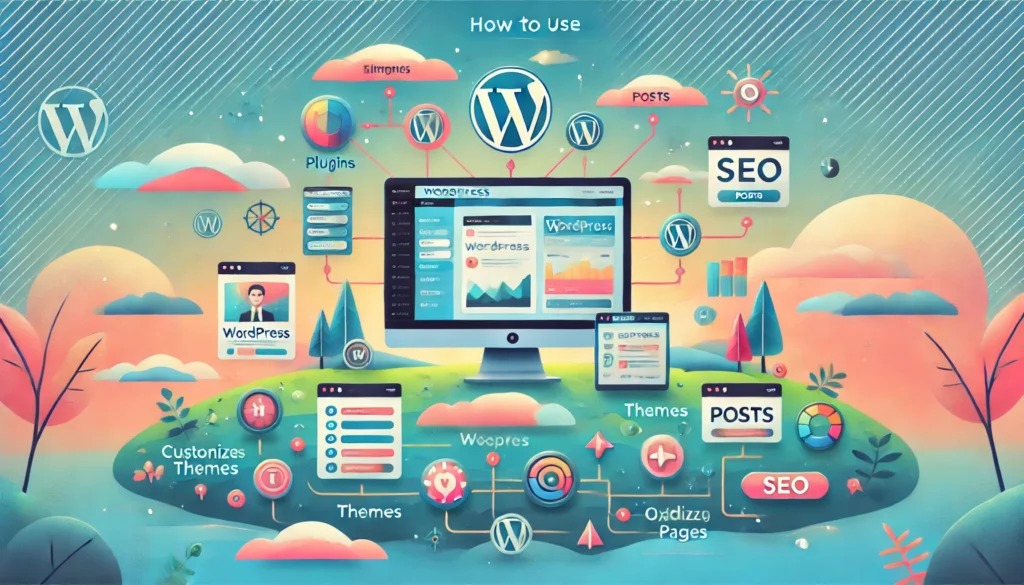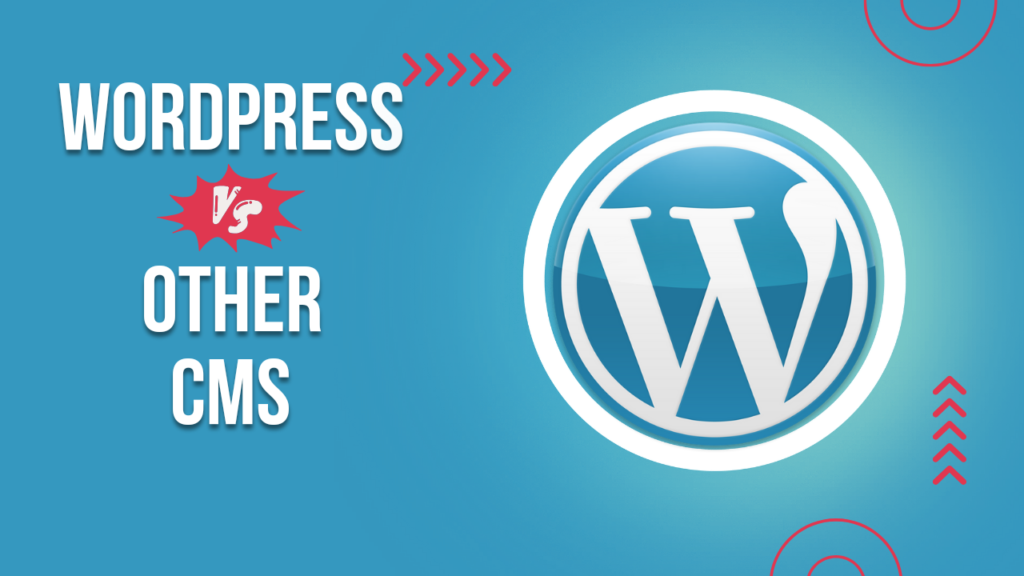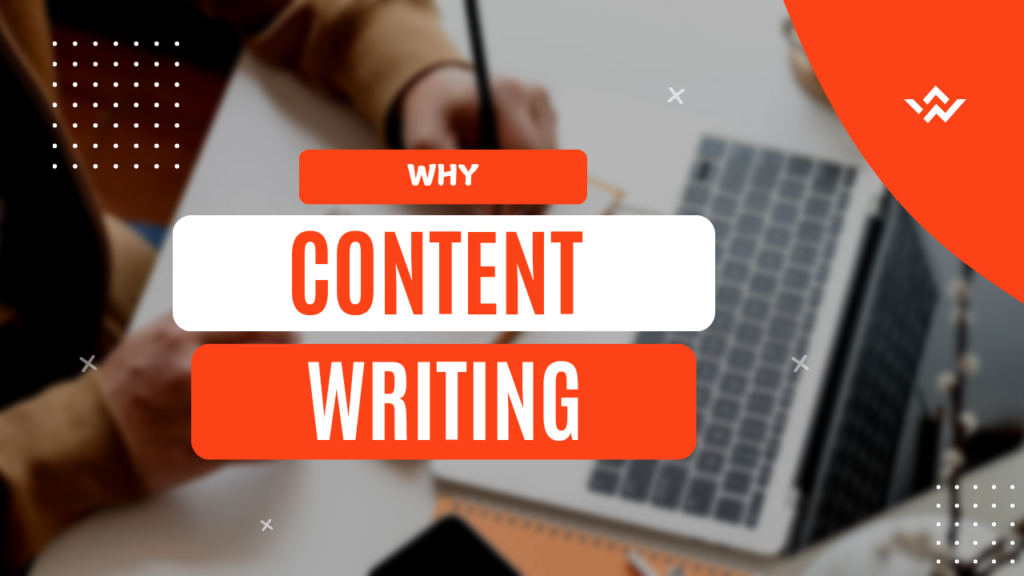WordPress vs. Other CMS Introduction
Starting a website is probably the most exciting experience most people have with information technology, but one of the questions remains disturbing: Which Content Management System (CMS) is the best for your needs?
It’s as if many people, from little businesses to bloggers and e-commerce entrepreneurs, define their online journey in view of this choice.
Among the myriad options regarding CMS, WordPress is most likely to be at the top of the list. But why?
Let’s dive in and try to understand why WordPress is considered the most preferred choice by millions of users around the globe and how it stands against other competing CMSes
What Is WordPress?
Launched in 2003 as a blogging platform, it has evolved to become an ultra-versatile tool for creating blogs, e-commerce sites, portfolios, business websites, and more.
At its core, WordPress is an open-source Content Management System, which power above 43% of websites in terms of powering, as stated by W3Techs.

Why WordPress
- Free and Open Source: In many paid CMS, one of the best benefits is the fact that WordPress is absolutely free to download and use. Its being open-source so that developers across the globe are constantly improving its functionality.
- Extremely Customizable: There are more than 60,000 plugins and thousands of themes available for you so that you can tailor WordPress to meet virtually every need for your website.
- Scalable: If you’re using a personal blog or high traffic e-commerce store, you will find WordPress scalable for the same.
How to Use WordPress
- Installation WordPress is easy to install. Most hosting companies offer one-click WordPress installations, including Bluehost, SiteGround, and Hostinger. The process for manual installation is:
- Download WordPress from wordpress.org.
- Upload files to your server via FTP.
- Create a database in your hosting control panel and connect it to WordPress.
- Theme Choice: Themes determine the look and feel of your website. Some themes you might consider include:
- For blogs, lightweight with SEO friendliness, such as Astra or GeneratePress.
- For e-commerce, your theme—like Flatsome or Divi—may include WooCommerce natively.
- Plugins Add functionality without writing code. There are a few plugins you’ll want to include right away:
- Rank Math for search engine optimization (link internally to a long-form article on Rank Math)
- WooCommerce for e-commerce functionality
- Elementor for drag-and-drop page building
- Content creation WordPress’s easy-to-use Gutenberg editor makes adding posts and pages easy. For example:
- Write articles using headings and media blocks.
- Build custom pages like “About Us” or “Services” with ease.
- Maintenance WordPress, Plugins and Themes Keep these up to date with security patches to reduce vulnerabilities. Good Practice to regularly backup and UpdraftPlus streamlines this.
WordPress vs. Other CMS Options
Let’s compare WordPress to the other leading CMS alternatives and know what puts them apart.

wordpress vs. wix
Wix is a good alternative for drag-and-drop user-friendliness, but:
- Wix can’t scale up at times, whereas WordPress handles complex sites with large amounts of content.a
- WordPress gives you absolute rights to your data, while Wix uses a subscription model.
- Case Study: A small business migrated from Wix to WordPress and saved 40% in website cost; free plugins and no recurring subscription fees are not available on Wix. It’s mean in the comparison of WordPress vs. Wix the WordPress overshoes.
WordPress vs. Squarespace
Squarespace is excellent on designs but:
- Less flexible for SEO. WordPress plugins like Rank Math give a host of advanced SEO tools to rank better.
- Ecommerce on Squarespace has higher transaction fees than WooCommerce, which is powered by WordPress.
WordPress vs. Drupal
Drupal is known for its great security, but:
- It’s only suitable for advanced technical skills so it’s not a platform truly welcoming to beginners, at least in comparison with WordPress.
- WordPress strikes a perfect balance of usability and giving means to have something more than Wordfence for better protection
WordPress vs. Joomla
Joomla is pretty much like WordPress but:
- WordPress is very large in terms of the community, ensuring there are many more themes, plugins and other resources regarding this very well-known Content Management System.
- WordPress has made quite a lot of effort to make the learning curve easier, with a vast number of tutorials and doc support.
Why WordPress Is Ideal for Blogging
Blogging lies at the core of WordPress’s DNA. If this is what you seek, look no further, as WordPress equips you with features like:
- SEO Tools: This encompasses internal linking that drives readers towards our introductory post on SEO Content Writing for Beginners.
- Content Scheduling: This feature is great to plan and auto-post for consistent publishing.
- Reader Engagement: Commenting systems and social sharing tools can be integrated.

A WordPress website with an effective SEO strategy will be created, for which organic traffic will be increased by 75% in six months, using all of the blogging tools available on WordPress.
WordPress for E-Commerce
Applying the WooCommerce plugin makes WordPress a robust e-commerce solution by providing:
- Product Management: An unlimited number of products that can have attributes such as size and color.
- Payment Gateways: Works perfectly with Stripe, PayPal, etc.
- Marketing Tools: Using plugins like abandoned cart recovery, e-mail campaigns, and upselling.
Case Study: A clothing store in one locality witnessed a 50% increase in sales after its move to WordPress and integration of WooCommerce’s cart abandonment recovery feature.
Security and Updates
A growing problem is security, especially as the website grows. WordPress takes care of this with:
- Updates on Regular Intervals : Updates are issued continuously to keep vulnerabilities at bay.
- Security Plugins : Certain plugins, including Wordfence and Sucuri, enhance security capabilities.
Think of this against any other CMS platform where a poor plugin ecosystem may limit your options for customization and security.
Community Support and Learning Resources
WordPress has an extremely large reservoir of developers, designers, and users:
- Forums: Solutions are usually available on platforms such as WordPress.org forums.
- Tutorials: profitsnation.com provides tutorials on various topics including adding FAQ schema in WordPress.
- Events: Attend WordCamps to network and learn from the best brains.
SEO Advantage with WordPress

Search engine visibility is essential. WordPress benefits by offering:
- Customizable Permalinks:Get the best-ranked URLs.
- SEO Plugins: Utilize some rank maths-like plugins that are known to aid in meta tag optimization, readability analysis of the content, and XML sitemaps.
- Case Study: A travel blogger migrated to WordPress and improved his rankings by 30% from a comparative study because the on-page SEO was optimized much better with WordPress.
Addressing Common Concerns
- Is WordPress Too Complicated? Of course, if a person is new to this, there will seem to be too many options. Starting with simple themes and plugins makes it much simpler. Step-by-step guides like Setting Up WordPress for the First Time are available.
- Do I Need to Code in WordPress? For simple websites, no. Elementor or hiring a developer can help you make elaborate customizations.
- Is WordPress Slow? Sure, speed also depends on hosting and optimization. There are Plugins such as WP Rocket, who help optimize their websites for performance, getting those pages loaded quicker.
Why WordPress Is the Best Choice
WordPress’s flexibility makes it perfect for all sorts of users:
- for beginners: because of its user-friendly interface and an abundance of tutorials;
- for developers: because they have the flexibility to customize everything, from themes to server-side scripts;
- for businesses: because it scales with your enterprise.
Summary
In comparison with other CMS programs, WordPress really has been the most versatile and scalable available. Did you plan to start a blog, build an e-commerce store, or set up some kind of portfolio? WordPress is one of the most powerful tools that provides all of the flexibility and support that you need for success.
Ready to begin your WordPress journey? Visit profitsnation.com for in-depth guides, tutorials, and tips to get the most from your web building experience.
Need any other comparison on WordPress vs. Any CMS comment down Below!
What makes WordPress better than other CMS platforms?
WordPress is better because it offers greater flexibility, scalability, and a vast ecosystem of plugins and themes, making it suitable for all types of websites, from blogs to e-commerce stores.
Is WordPress free to use?
Yes, WordPress is free and open-source. However, additional costs may arise from hosting, premium themes, and plugins.
Do I need coding knowledge to use WordPress?
No, basic websites can be built without any coding knowledge. Drag-and-drop builders like Elementor simplify the process even further.
How secure is WordPress for websites?
WordPress is secure if regularly updated and paired with security plugins like Wordfence or Sucuri. Hosting providers with security measures also enhance safety.
Can WordPress handle large websites with heavy traffic?
Yes, WordPress is highly scalable and can handle high-traffic websites with the right hosting and optimization practices.
How does WordPress improve SEO?
WordPress offers SEO-friendly features like customizable permalinks, XML sitemaps, and plugins like Rank Math for advanced optimization.
Is WordPress suitable for e-commerce?
Absolutely! WordPress integrates seamlessly with WooCommerce, a powerful plugin that transforms your site into a fully functional online store.
How do I start with WordPress as a beginner?
Start by selecting a hosting provider that offers one-click WordPress installation, choose a theme, install essential plugins, and create content using the Gutenberg editor.
What are the key differences between WordPress.org and WordPress.com?
WordPress.org is self-hosted and provides complete control, while WordPress.com is a hosted platform with fewer customization options but easier setup.
Where can I find learning resources for WordPress?
You can find tutorials, guides, and community support on platforms like WordPress.org, YouTube, and niche blogs like profitsnation.com.





https://virtual-local-numbers.com/countries/7-canada.html